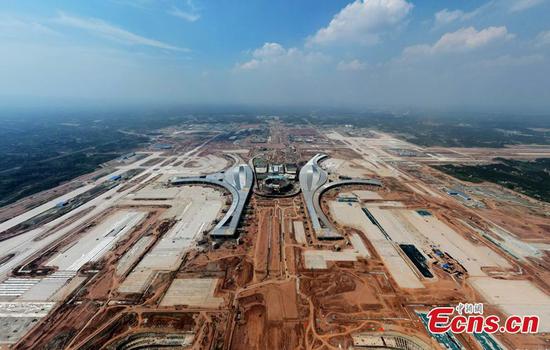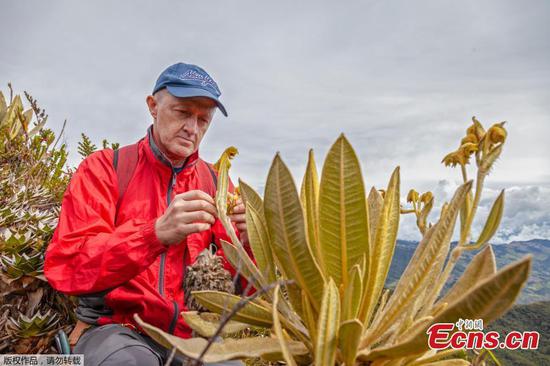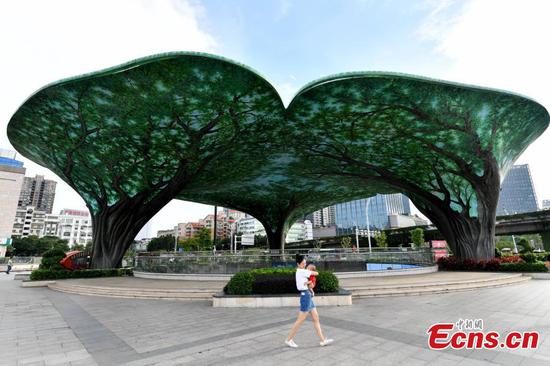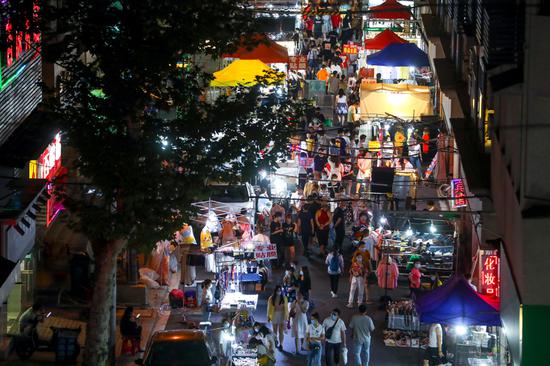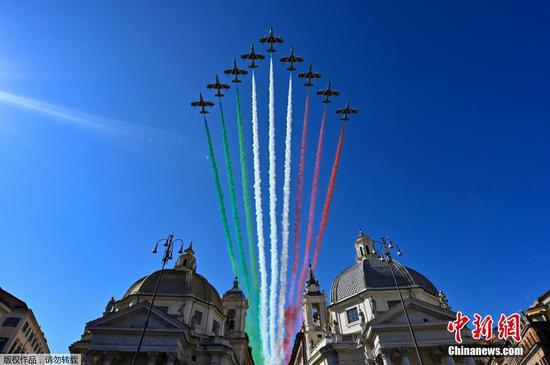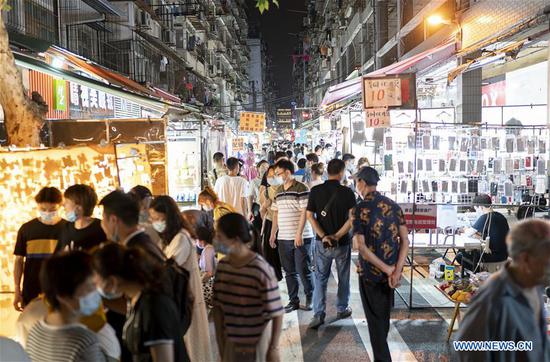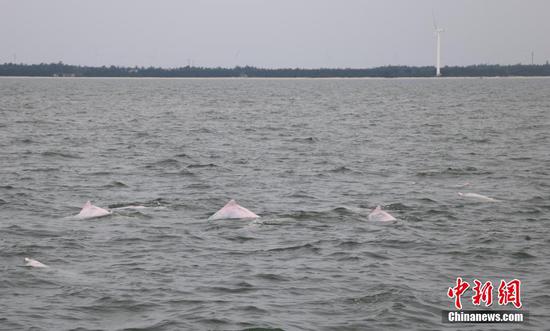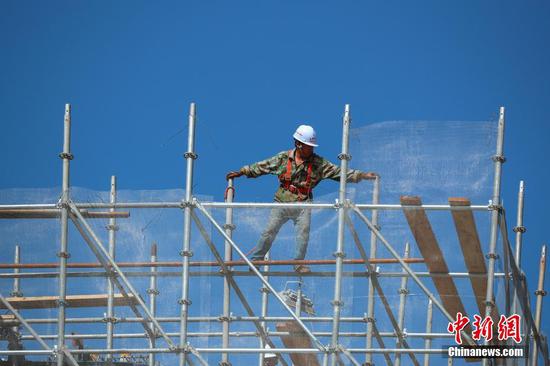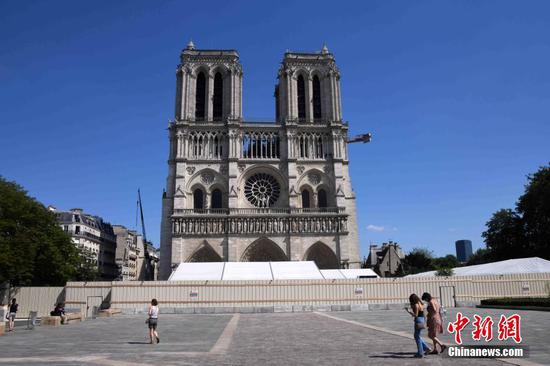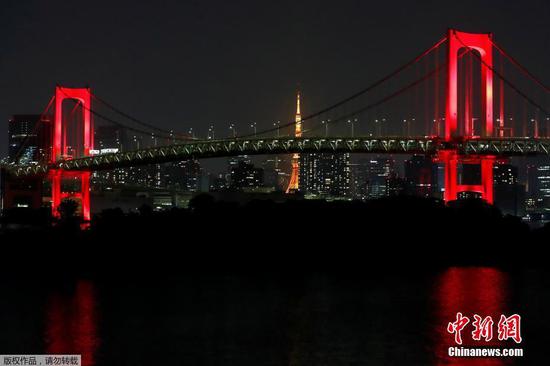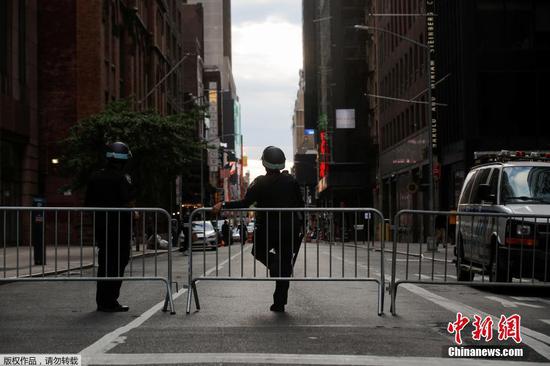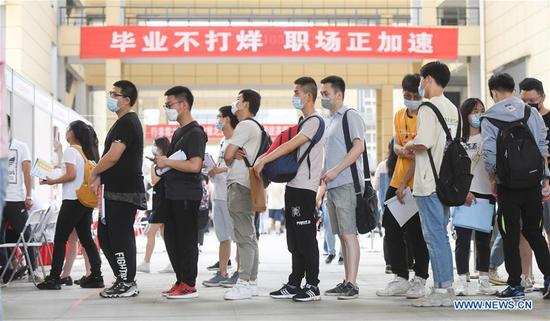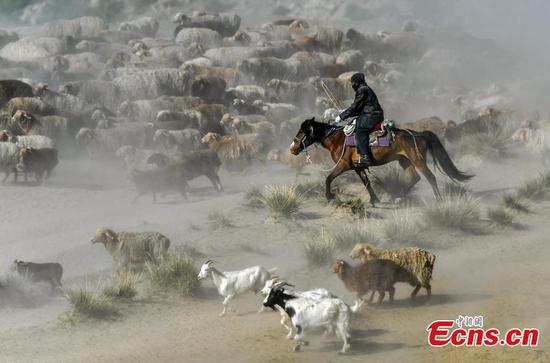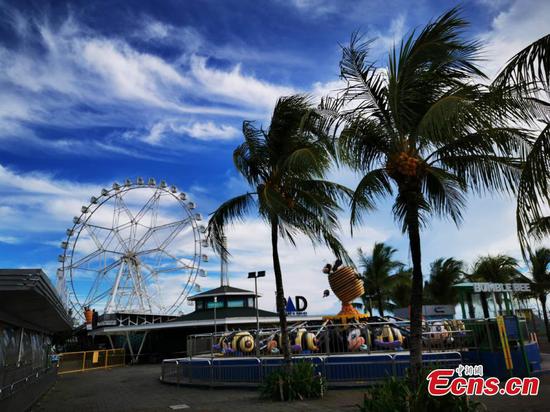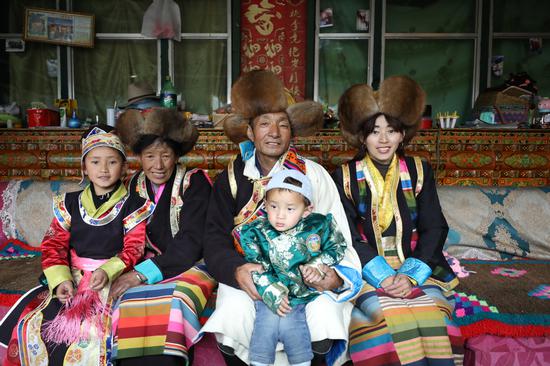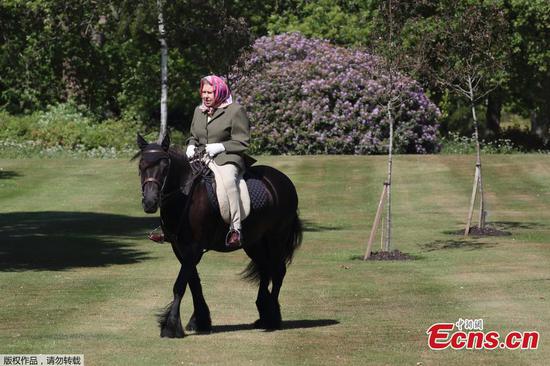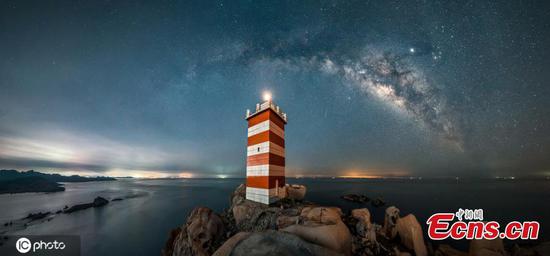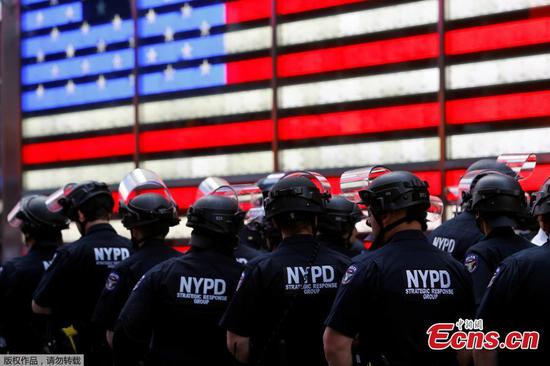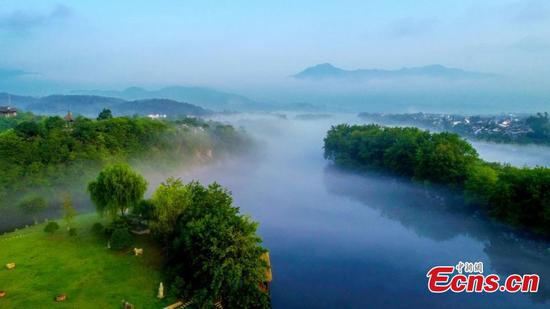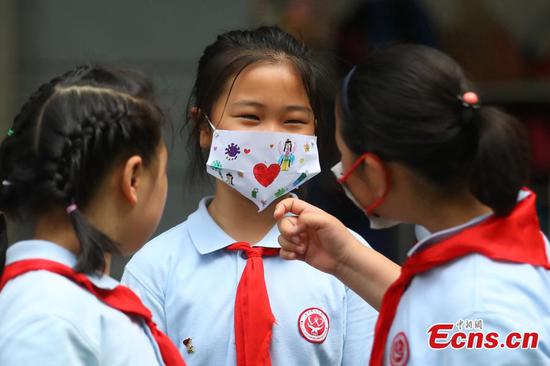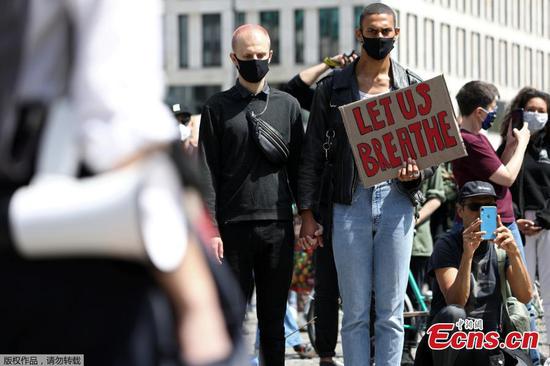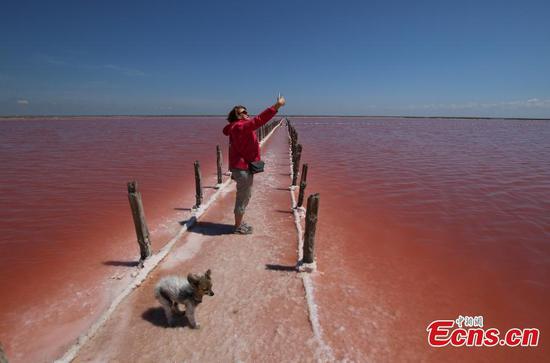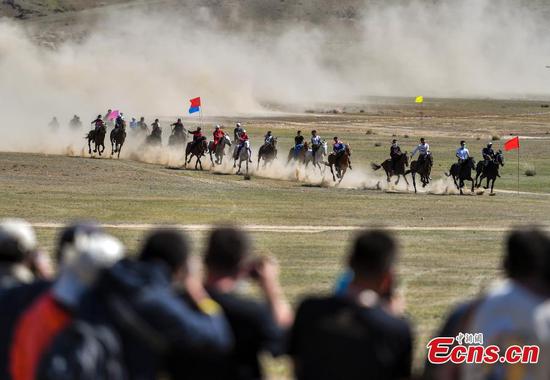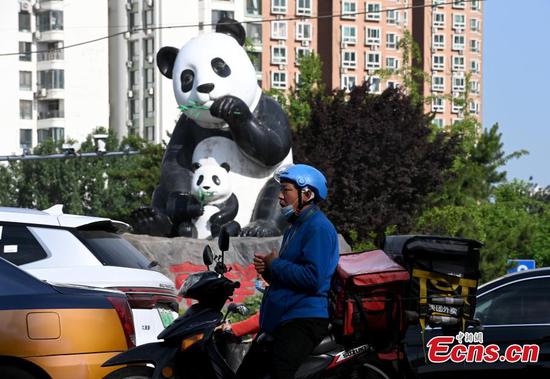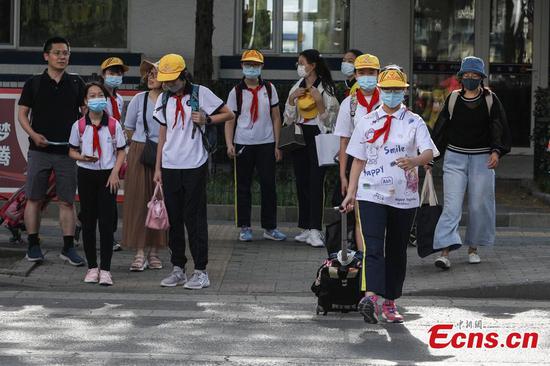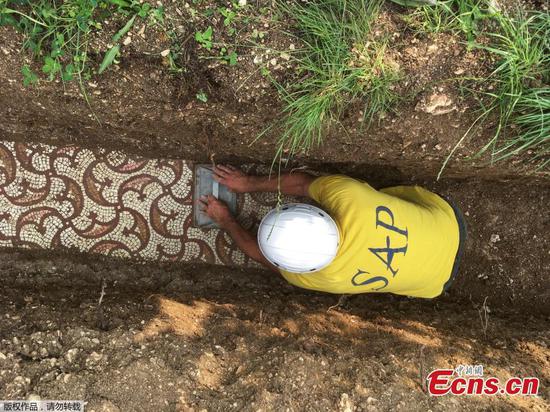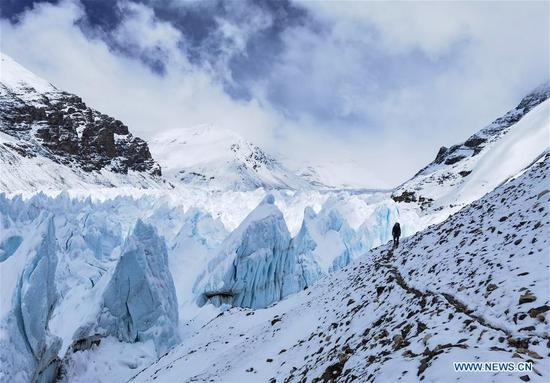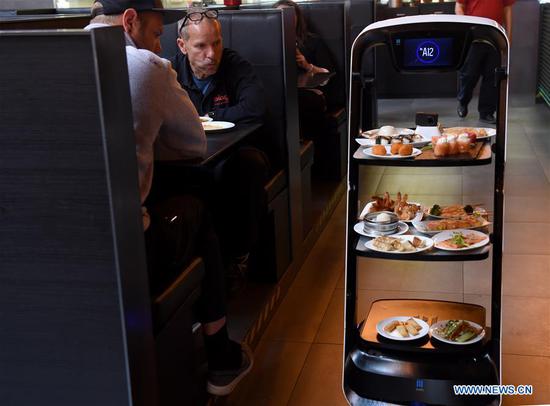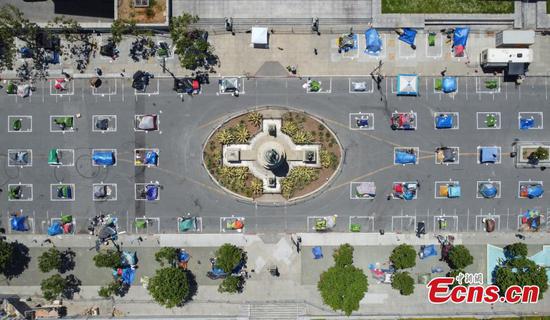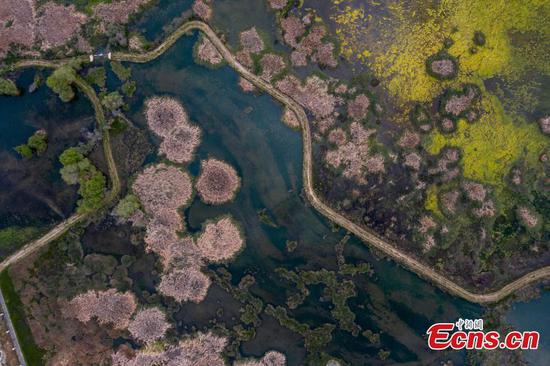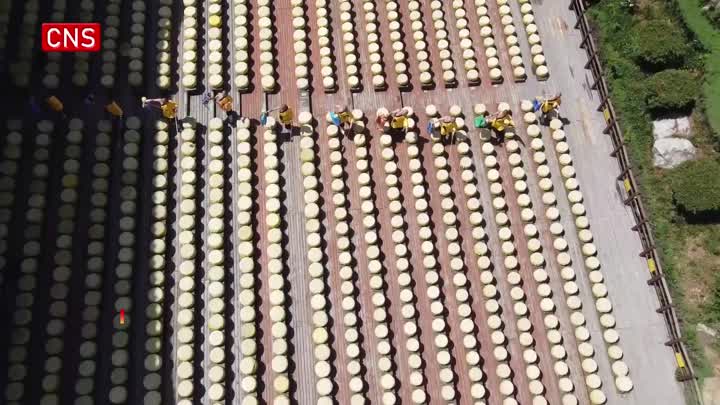With thousands of Australians planning to attend anti-racism protests across the country during the weekend, authorities worried that the mass gatherings may undo months of work in curbing COVID-19.
"The risks of people coming into close proximity are real and Australians have worked incredibly hard in recent months and have undergone great sacrifices to protect the health of the most vulnerable and that does include our indigenous communities," Australia's Prime Minister Scott Morrison said.
Earlier this week, hundreds of people in Sydney and Perth attended protests to support the Black Lives Matter movement in the United States and African American George Floyd who died after a former Minneapolis police officer knelt on his neck.
Protesters were also calling for public awareness to high levels of indigenous incarceration and deaths in custody in support of Australia's Aboriginal community.
However, originally approved public protests in the state of New South Wales (NSW), faced new difficulties on Friday with police bringing organizers to the Supreme Court to stop Saturday's anti-racism protest in Sydney from occurring.
"The New South Wales Government would never ever give the green light to thousands of people flagrantly disregarding the health orders," NSW Premier Gladys Berejiklian said.
This came after the state's Police Minister David Elliott criticized the local protests to reporters.
"Anybody who goes to mass gathering during a pandemic is certifiably insane, they are nuts," Elliott said.
Similarly, nearby Victorian State authorities also urged residents there not to attend the weekend protests, worried it may spark a second wave of the pandemic.
However, the South Australian (SA) State government decided to grant an exception to local COVID-19 restrictions, allowing the planned Black Lives Matter protest in its' capital city of Adelaide to go ahead unchallenged.
As of Thursday, there were 474 active COVID-19 cases in Australia, with 23 patients still in hospital.










